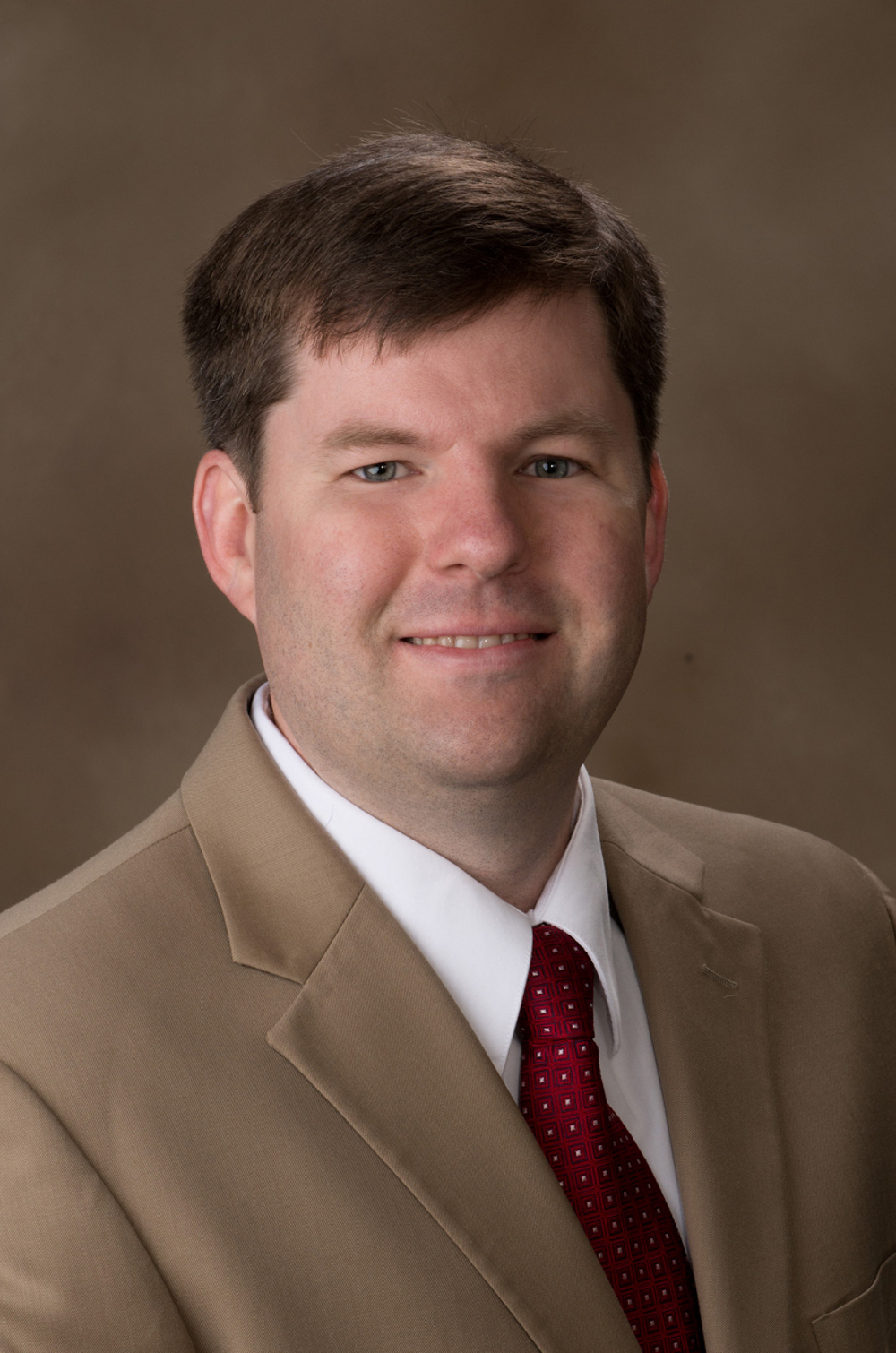
Joe Luck
Associate Professor, Biological Systems Engineering; Precision Agriculture Engineer
For Dr. Joe Luck, research in the Biological Systems Engineering department grows in the gaps between farms and new technology. Producers do not have the time or financial ability to test equipment methodically. It is up to precision agriculture engineers to examine farming technology and techniques to aid growers in making better decisions. Joe’s team and BSE combine research, Extension, and teaching missions to bridge those gaps.
Joe researches spray application technologies for growers. These technologies seek to improve crop production through increases in farming equipment efficiencies, such as losing less fertilizer to external factors. Joe and his team test equipment and application techniques that are typically within five years of deployment on farms.
Using different types of technologies and techniques, Joe can study the effects of nitrogen application times and rates on crops. He and his team can also test seed rates or methods to minimize diseases in crops. The two main research questions that Joe is currently interested in are how to minimize spray drift and how to increase nitrogen use efficiency.
The precision agriculture group sets up field tests with growers to collect data that will assist them in improving decision-making processes. Growers elect to participate in these studies through the Nebraska On-Farm Research Network. More extreme studies, such as zero nitrogen application, can be conducted on university research farms such as the Eastern Nebraska Research and Extension farm in Mead.
None of data generated by this research makes a difference unless growers can deploy it to increase crop efficiencies. That is where Joe’s Extension mission combines with his research. Project SENSE (Sensors for Efficient Nitrogen Use and Stewardship of the Environment) is an Extension project that aims to increase nitrogen use efficiency and reduce nitrate loss for growers. Project SENSE creates handouts, videos, and articles for UNL CropWatch to help producers learn more about these topics.
Communication to producers in Nebraska is an important aspect of Joe’s Extension work. The On-Farm Research Network publishes scientific test results annually as well as offers online resources on data generated by precision agriculture tests. Extension presentations occur locally and at state and national levels. Since Joe began working for UNL, he has delivered Extension education presentations and workshops for over 6000 people.
Joe also brings his research and Extension experience into the classroom. Joe teaches AGEN / MSYM 431, a senior level course that integrates field learning into the curriculum. Students learn what they could immediately experience by entering industry after graduation. Some students even incorporated the knowledge from AGEN 431 while starting their own consulting businesses.
The seamless integration of BSE’s many components is why Joe thinks the department is successful. In March 2018, Precision Ag, a publisher of precision agriculture information and research data, named the Biological Systems Engineering Department as one of the top 25 Precision Agriculture college programs in the world. Joe attributes this top ranking to UNL’s emphasis on the integration of research, extension, and teaching. Joe presents his research in spray application technologies through Extension and classroom curricula, enabling him to bring together these three critical pieces of the university mission.